The following is the second of a two-part series. The first can be found here. The Conflictual History of Liberalism Liberalism at the dawn of the modern European age replaced


CRITICAL THEORY | SOCIAL ANALYSIS | POLITICAL PHILOSOPHY AND THEOLOGY

The following is the second of a two-part series. The first can be found here. The Conflictual History of Liberalism Liberalism at the dawn of the modern European age replaced
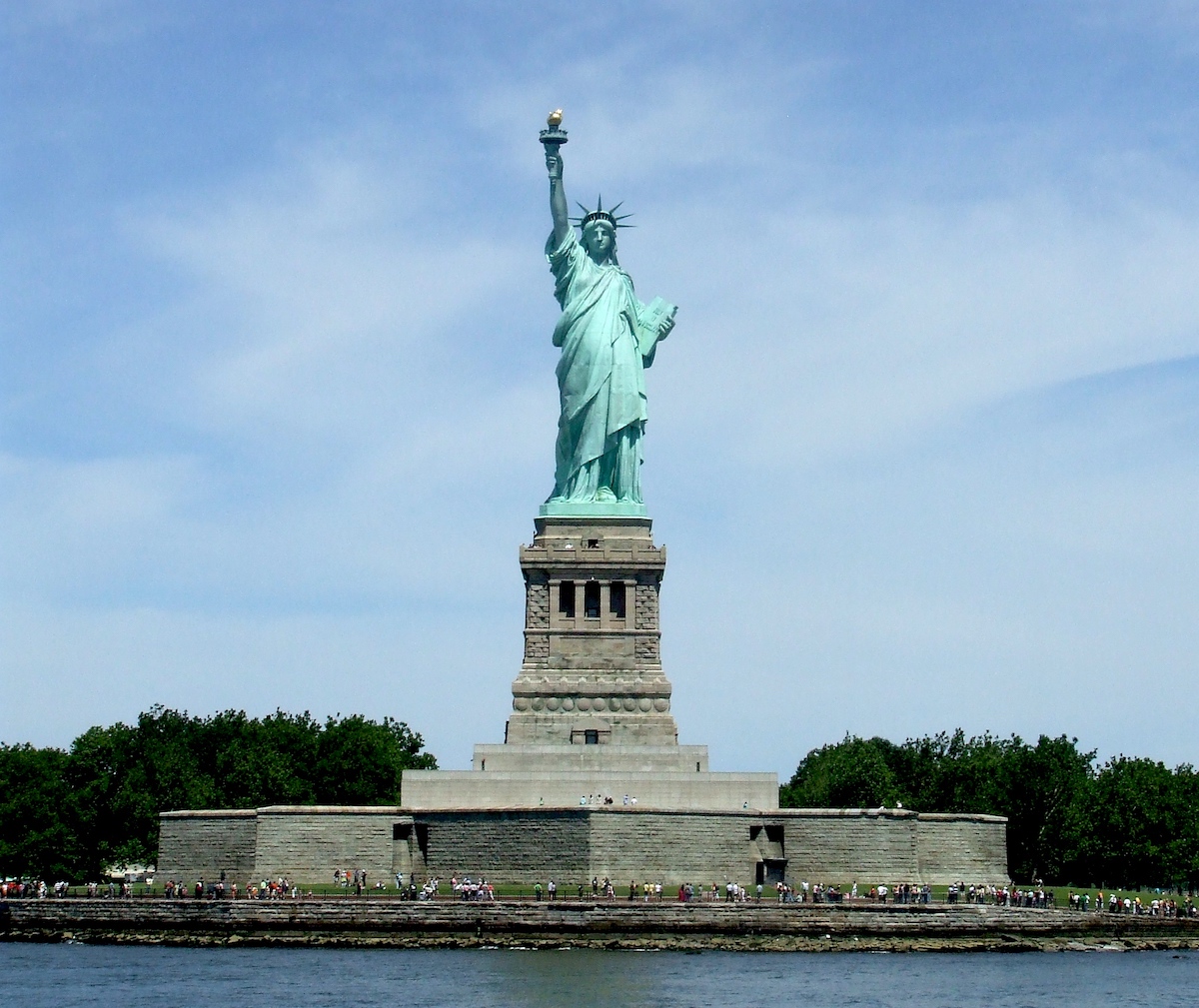
The following is the first of a two-part series. Are we currently experiencing at a global level a political apocalypse that signals the catastrophic end of liberalism? It is very

The following is the second of a two-part series. The first can be found here. When John F. Kennedy in his inaugural address on January 20, 1961 exhorted Americans that
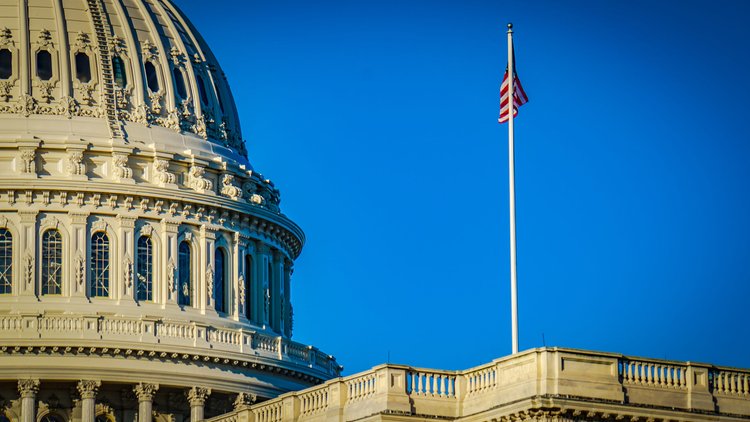
The following is the first of a two-part series. What exactly is “Christian nationalism”? Ever since the U.S. Supreme Court overturned Roe v. Wade earlier this year, a tight little

Editors note: Carl Schmitt’s “Die Politische Theorie des Mythus” (“The Political Theory of Myth”) , published in 1923, is one of his most important early essays and came out about
The following is the second part of a transcript of one of our ongoing “Critical Conversations” with distinguished British political philosopher Arthur Bradley. The conversation took place on March 10,
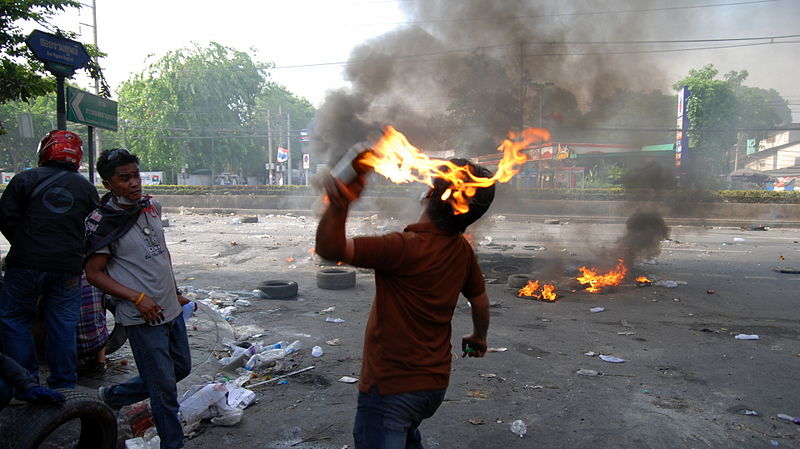
The following is the fourth of a multi-part series. The first can be found here, the second here, the third here. I have been arguing in previous posts, following William
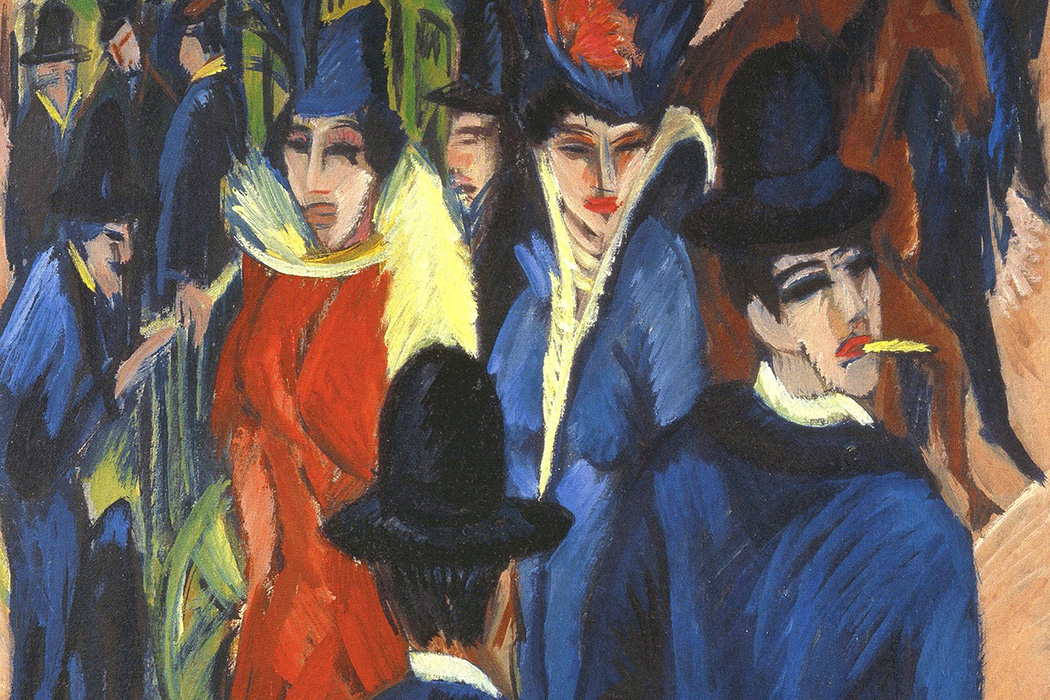
The following is the third in a multipart series. The first can be found here, the second can be found here. In Part 2 of this series of posts, I
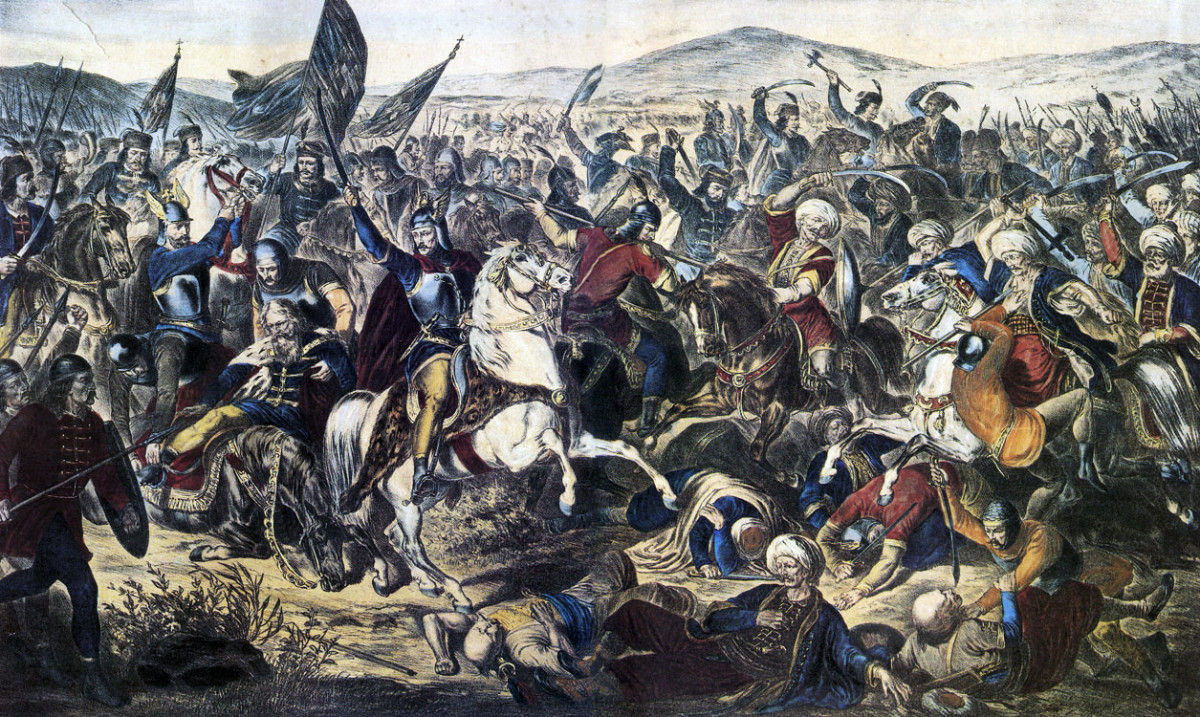
The following is the second in a multipart series. The first can be found here. In Part two of these posts, I will build on the argument with which I

The following is the first of a multipart series. “People want to lead peaceful lives. The terrorists are shortsighted, and this is one of the causes of rampant suicide bombings,”